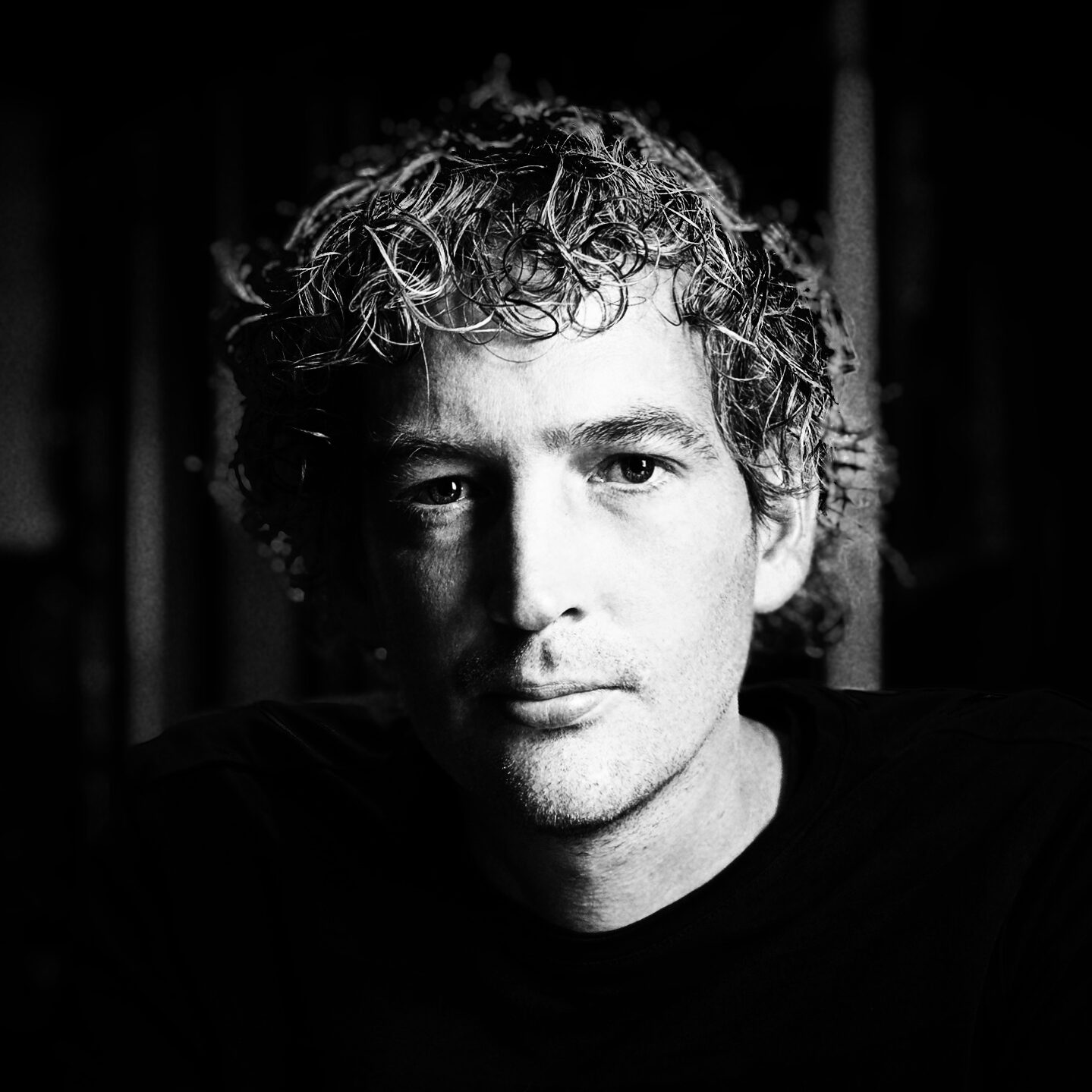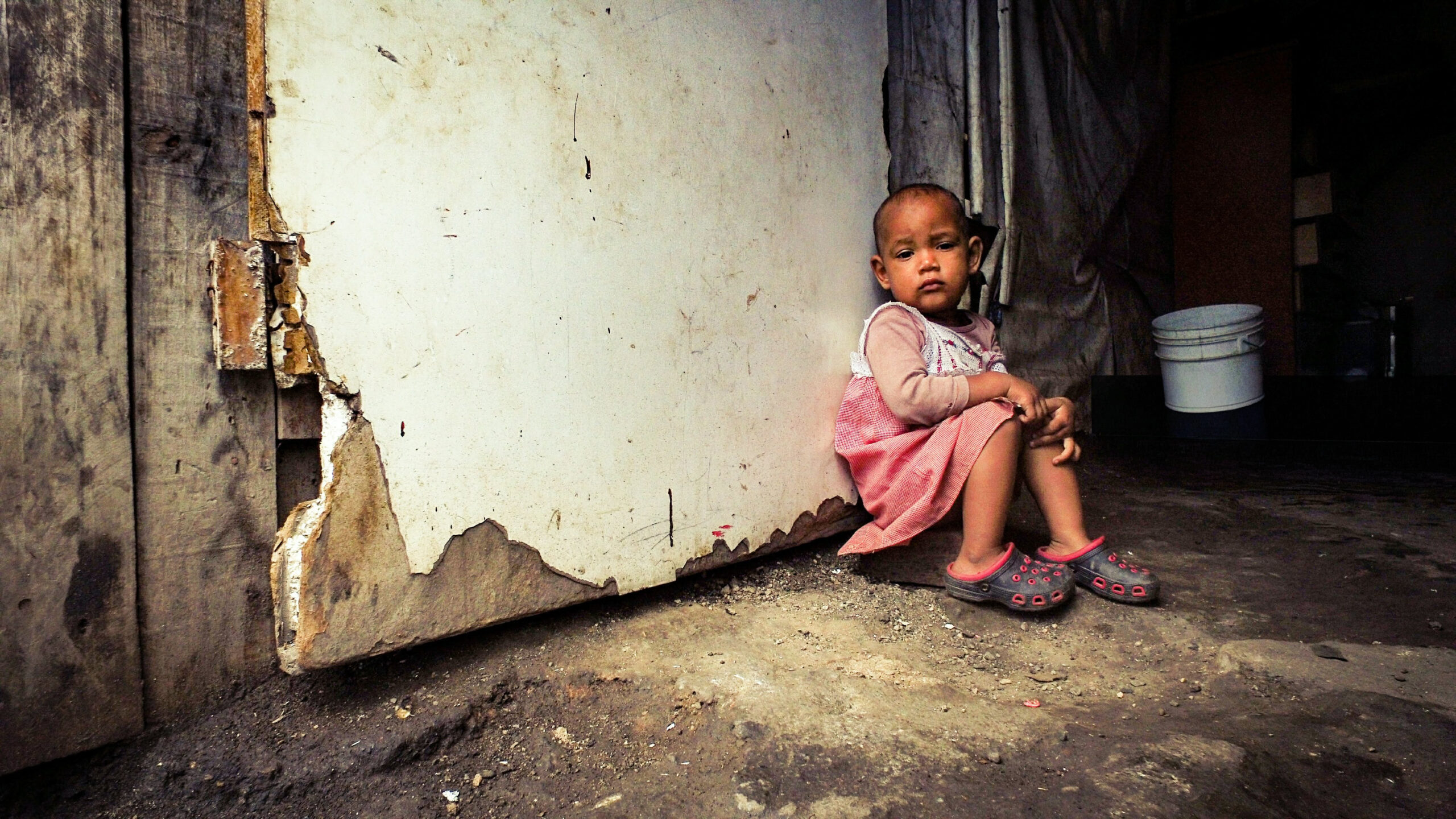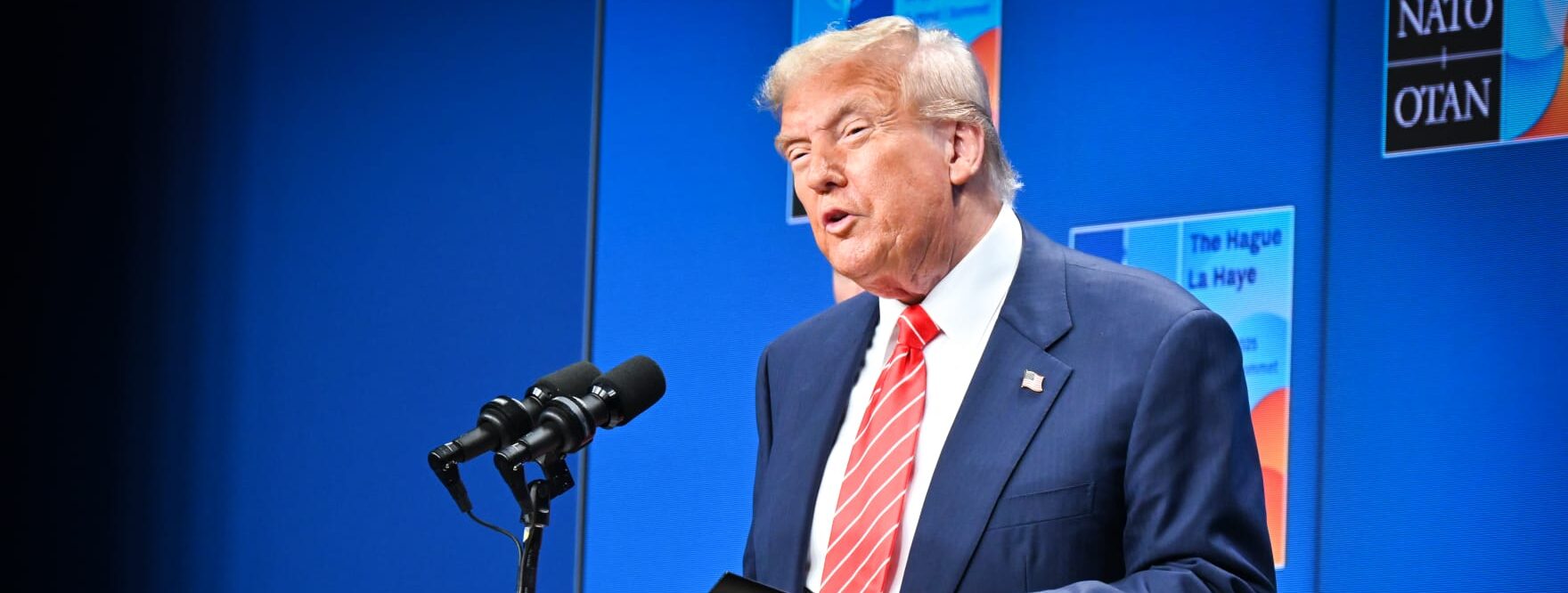When I got there it was fairly tame, yet immediately there was a tense atmosphere. People were on the lookout, some of the barricades from the previous day were still there, and at the end of the street I could see the armored vehicles of the army standing by. Still, my guide told me, today was quieter than usual: the counter-demonstrations last weeks have had their effect on people in the neighborhood. They are tired, but mostly scared. "What is a stick and tin we have against their weapons? We can't resist that!". As we pass the "military site" sign, we walk into the neighborhood where he grew up.
Earlier that day, I took a walk around the plazas in San Cristobal, Venezuela, engaging in conversation with several supporters and opponents of the current government. Emotions run high here when it comes to politics, but over a beer you can say (almost) anything. At a time like this, it doesn't really matter if you are for or against. Downtown, everything is relatively quiet and daily life, the market and everything else goes on as usual. `
My guide, (let's call him Eduardo) and I walk further into his neighborhood, he talks full on about the neighborhood where he has lived all his life, does sometimes lower his voice volume, and looks around when he starts to talk, for example, about his decision to want to leave Venezuela because of everything that is happening now and to flee to Colombia.
The neighborhood knows each other, and although there are relatively many criminals in Eduardo's neighborhood, relatively little happens. It's because of the so called "do not touch" - us knows us line that runs outside the neighborhood. What you do out there is up to you, but you don't piss in the neighborhood you live in.
As we walk through we hear the constantly approaching gunfire in front of us, I am told that this is a small uprising on the outer ring of the neighborhood. In between, they rebuild the barricades - removed by the army - and the fathers stand guard on the roofs of the house. We are told several times that it is not wise to continue. We regularly pass groups of busily discussing women.
Eduardo has guts, the student in ICT who has hardly interfered with what was happening in the neighborhood recently. For two reasons he states; "my sister who lives with me and my future" as an ICT student he is largely dependent on the government for work. Yet, he wants to show me everything and talks openly about the pros and cons and lets others from his neighborhood do the same.
I was glad that it was fairly quiet on the street this first evening, it gave me time to talk to everyone in peace there were also several times when I was reminded that these few days of rest (since last Thursday/Friday) was not a sign of weakness. "Sometimes it is better to withdraw for a while, only to come back stronger." Life in the neighborhood continues, but is at a standstill in some areas, some schools are closed and the supply of food was already difficult and is not getting any easier because of the barricades.
What struck me most is that "the mothers are in charge." The protesters do not easily flinch at anything but if mom says it's done, it's done and not otherwise. So far the mothers do not believe this so the demonstrations will continue, or not increase. If it is up to the mothers it is not finished with the resistance to what they see as a great injustice. The mothers, and with them their demonstrators, are far from tired.




